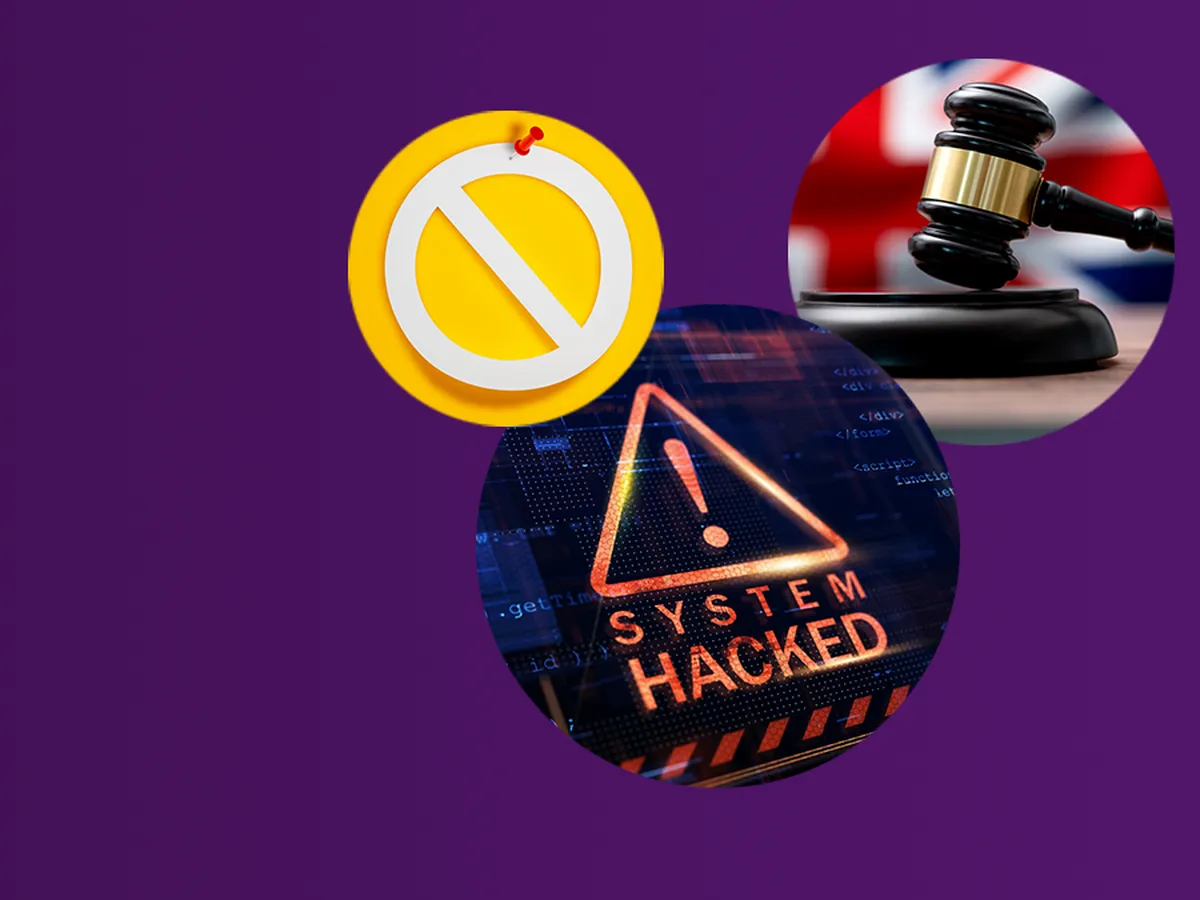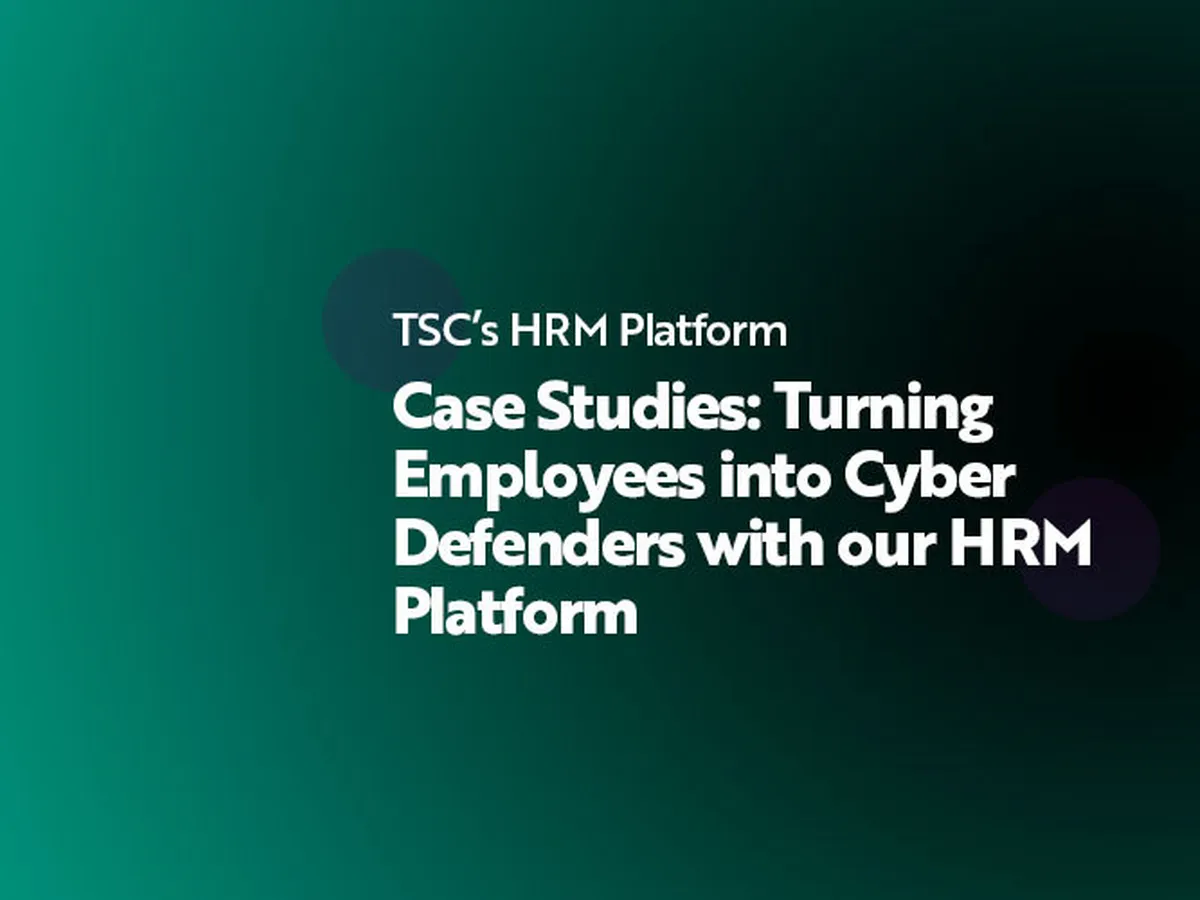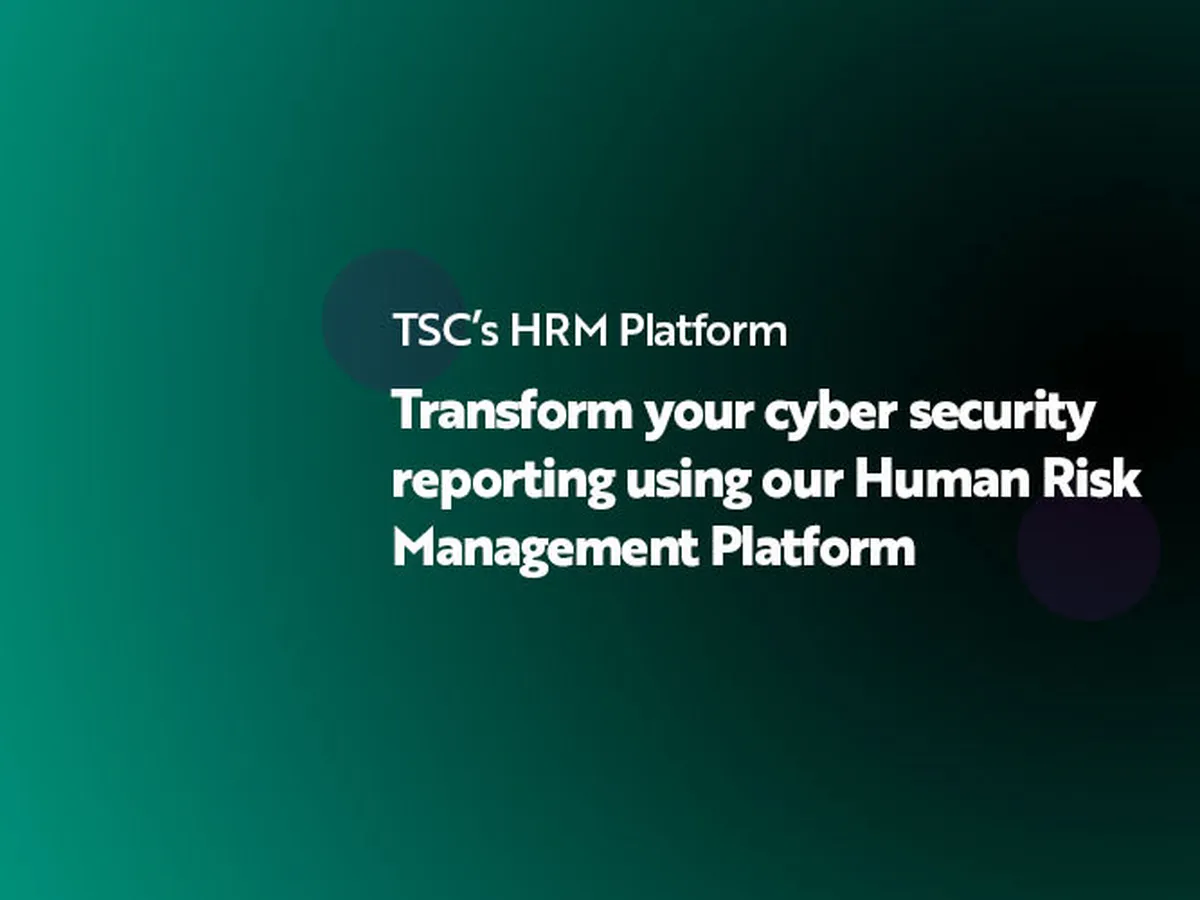
- Ransomware
- 8 min read

Complementing her previous article on the company's digital footprint, Rachael West explains threats to your personal digital footprint and how you can own and protect it.
Have you ever Googled yourself?
You may be surprised by what information you can find about yourself just from a simple online search.
These searches can often reveal personal information such as your email address, phone number, social media accounts, pictures and employer. It can also reveal other information including your race, religion, political views and personality.
This information is all part of your digital footprint and could be used by:
""
Companies who want to target you with advertising
Employers researching your background, character and reputation
Friends and family who want to get in touch
Law enforcement agencies as part of their investigations
Cybercriminals who want to access your finances, target your workplace or steal valuable information
Every website you visit and everything you read, write, post or download leaves a permanent trail in cyberspace that leads back to you.
This is your digital footprint. It is your online identity and is made up of a unique set of traceable online activities, communications and information.
This is your digital footprint. It is your online identity and is made up of a unique set of traceable online activities, communications and information.
""
Your digital footprint is made up of active and passive information trails.
Your active digital footprint consists of all the information you intentionally leave online when:
""
Creating online accounts
Browsing and logging into websites
Making online purchases
Downloading and using apps
Opening a credit card account
Subscribing to blogs or newsletters
Posting or reposting on social media
Your passive footprint, however, is made up of data you may not even know has been left online, such as browsing data, IP addresses and website cookies. It may also include information about you that others have put online without your knowledge.
Everything is permanent and stays online, regardless of being deleted.
By combining individual pieces of information from your digital footprint, a cybercriminal can gain access to your precious information.
They can use details such as your birth date, mother’s maiden name, contact details and the online services you use to build up an accurate picture of you.
""
This picture can allow a criminal to steal your identity, impersonate you online or decipher your answers to security questions.
They could also use other malicious techniques such as launching brute force password attacks, buying/selling stolen information on the dark web, or using your accounts to send out scams.
Once you are aware of what makes up your footprint and who can see your information, you can take steps to protect your privacy:
""
Limit the amount of personal information you post or store online.
Change your privacy settings on social media profiles, accounts and apps to ensure your information is not public.
Use a strong, unique password for each different account.
Never save payment card information on shopping websites.
Disable the auto-complete function on all web browsers and applications.
Regularly clear your browser history and delete cookie files, especially when using a shared or public computer.
Be aware of apps that display your location.
Log out of all websites when you have finished on them.
On shared or mobile devices, you should also consider using private browsing, such as Incognito in Chrome or InPrivate in Internet Explorer/Edge. This prevents your browsing history being accessible on the device if another person then uses it.
Ever-growing digital footprints and an increasing amount of web tools and services make it easier for cybercriminals to search public-facing personal information known as open-source intelligence (OSINT).
Managing your digital footprint is vital, especially as we increasingly rely on the internet in our daily lives.
Regularly checking your digital footprint and limiting what information you post online will make it easier for you to protect yourself in the long term.
What goes online certainly stays online, but ultimately, you should and can be in control of your digital footprint.



© The Security Company (International) Limited 2025
Office One, 1 Coldbath Square, London, EC1R 5HL, UK
Company registration No: 3703393
VAT No: 385 8337 51


